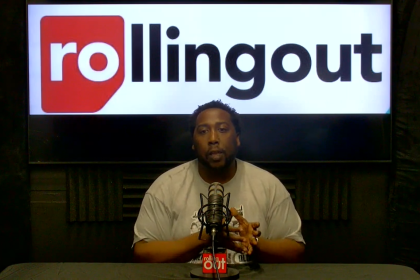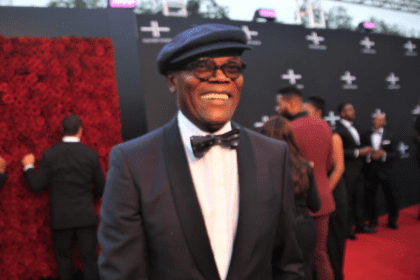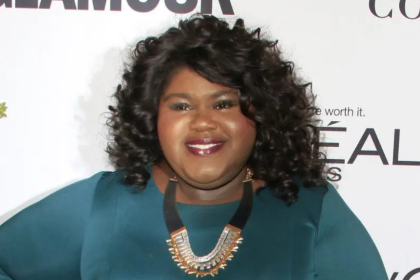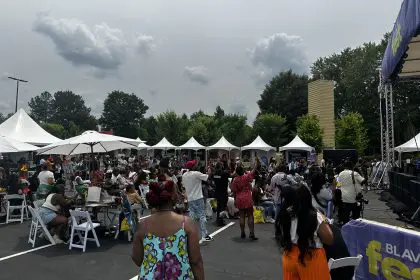
Since the inception of our country, there has always been the concept of race and its use has always served a nefarious purpose. Fast forward to 2018, and we are still stuck in the same trap, allowing the social construct of race to continue to define and divide us.
Following the settlement of the Starbucks incident in Philadelphia, there have been several incidents that continue to force us to face the implicit and inherent bias we must actively work toward eradicating. The granddaughter of the late Bob Marley, Donisha Prendergast, found herself in hot water last week when a neighbor in the area of her AirBnB rental called the police to the scene, presumably because they looked “unfamiliar.” As a result of this negative interaction, Donisha has vowed to sue the California police department.
On the other side of the country a popular Manhattan-based attorney, Aaron Schlossberg, found himself the star of a viral video showing his rant about employees at a local Fresh Kitchen restaurant speaking Spanish much to his displeasure. He can be heard shouting, “this is America and they should be speaking English…they’re probably illegal…I’m paying for their welfare anyway” among many other insulting statements. Since his comments went viral, the attorney has been kicked out of the office space he used to run his law firm and has been seen running away from reporters who are demanding answers for the unwarranted racist rant. As if to further diminish his image, a parody page popped up under his name on Facebook that spewed out unremorseful and unrepentant words regarding his actions saying, “For those of you worried about my future, believe me, I’ll be fine, I’m a white privileged rich kid with a law degree. I’ll lay low for a while, shop a couple of interviews here and there, write a book about this whole experience where I talk about the online harassment and death threats I’m getting, I’ll get invited to Fox as a panelist and before you know it, I’ll have a full-time gig as a host #bestcomebackever #maga #buildthatwall #sorrynotsorry.” While the quote isn’t directly tied to him, it doesn’t seem that far fetched given the type of rhetoric he has communicated regarding his feelings towards minorities, particularly Latinos.
While our country has made great strides in recent years to be as progressive as possible, such as women’s and LGBTQ rights, we as a nation continue to falter when it comes to race relations. According to a 2007 Gallup poll, 75 percent of whites and 55 percent of blacks said race relations were good, or somewhat good; by 2016 those numbers had fallen to 55 percent and 49 percent respectively. Racist acts in the Jim Crow era were blatant and largely supported by the white community at large. Fast forward to today and we see that overt and blatant acts of racism are frowned upon and met with swift and immediate consequences while more subtle instances of prejudice and discrimination fueled by a racist mindset are harder to pinpoint and go largely ignored by non-minorities.
A majority of Americans (56%) say White people either benefit “a great deal” (26%) or “a fair amount” (29%) from advantages that Black people do not have. About four-in-ten (43%) say White people benefit “not too much” (28%) or “not at all” (16%) from societal advantages, according to a Pew Research Center survey conducted Aug. 8 to 21 among 4,971 adults on the American Trends Panel. These attitudes are largely unchanged from a year ago, the last time the Center asked this question.
It seems that despite the progress we have made in America, we still have a large amount of work to do as a collective unit to ensure a better America for generations to come.














